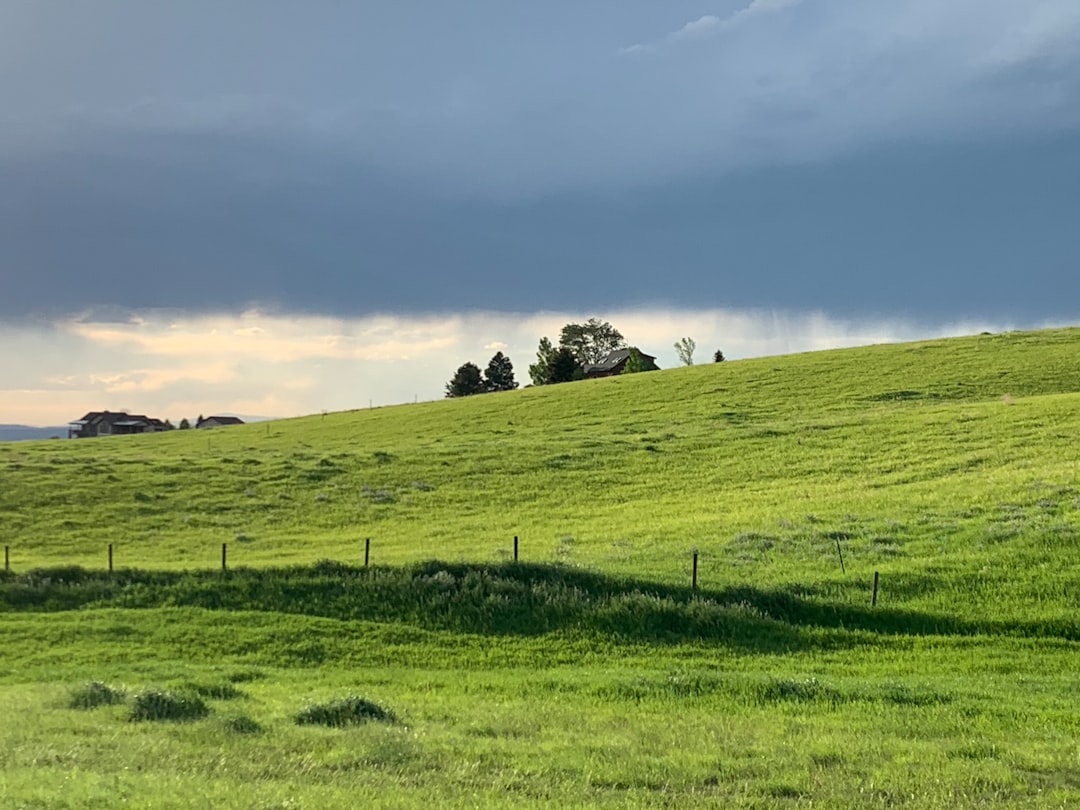Montana has strengthened its Do Not Call laws to include texting, targeting intrusive promotional texts from businesses and law firms. Explicit consent is now required for marketing messages, with severe penalties for non-compliance. Residents can report spam senders to the Attorney General's office, empowering them to control communication preferences and protect their privacy.
In Montana, spam text senders face heightened liability under new anti-spam laws. This shift marks a significant development in the state’s approach to protecting residents from unwanted texts. The updated regulations not only expand on existing do-not-call laws but also clarify rights and responsibilities for both consumers and law firms engaging in texting practices. Understanding these changes is crucial, especially with the increasing prevalence of spam calls and texts. This article guides you through Montana’s revised spam protection rules and your legal rights.
Montana's New Anti-Spam Laws: What You Need to Know

Montana has recently introduced stringent anti-spam laws, significantly enhancing the legal landscape for businesses and individuals dealing with unwanted text messages, often referred to as spam. These new regulations aim to protect residents from intrusive marketing practices by holding senders accountable for their actions.
Under the state’s Do Not Call law, businesses are prohibited from sending unsolicited texts promoting their products or services. Any violation can result in substantial fines. Montana residents can now take action against spam text senders by reporting them to the Attorney General’s office. This proactive approach empowers individuals to combat unwanted messaging and ensures a quieter digital environment.
Increased Liability for Spam Text Senders in MT

In Montana, spam text senders are facing a new reality with significantly heightened legal repercussions. The state has implemented stricter regulations to combat the nuisance and potential harm caused by unsolicited text messages. Previously, spammers often exploited loopholes in privacy laws, but these changes aim to close those gaps. Now, companies and individuals responsible for mass text messaging campaigns must adhere to tighter guidelines, including obtaining explicit consent from recipients before sending any promotional content.
Failure to comply with these new standards can result in substantial financial penalties. Montana’s Do Not Call laws have been enhanced to include texting, giving consumers more control over their communication preferences. This shift in liability underscores the state’s commitment to protecting residents from intrusive and unwelcome advertising, ensuring that spam text senders are held accountable for their actions.
Do Not Call Law Firms: A New Era in Montana

In Montana, the age-old issue of spam text messages has taken a new turn with the tightening grip on Do Not Call regulations, particularly for law firms. The state’s recent legislation aims to protect citizens from unwanted legal communication, marking a significant shift in how law offices interact with potential clients. This change is a response to the growing frustration among Montanan residents over persistent spam texts, often disguised as legitimate legal advice or warnings.
With these new rules, Do Not Call lists are not just for telemarketers anymore; law firms must now adhere to stricter guidelines to ensure they respect consumers’ privacy. Montana’s approach sets a precedent, demonstrating that even professional services like law firms must operate within ethical boundaries, especially in the digital age where communication is instant and far-reaching.
Unwanted Texts? Understanding Your Legal Rights

Unwanted text messages, or spam texts, are a common nuisance in today’s digital age. However, Montana residents now have stronger legal protections against them. If you’re receiving unsolicited texts from law firms or any other entities, it’s essential to know your rights. According to recent legislation, Montana has joined several states in implementing stricter rules for text message marketing, including a requirement for clear and conspicuous opt-out mechanisms. This means that if you don’t want to receive these messages, you have the right to stop them easily.
Under Montana law, businesses must obtain your explicit consent before sending promotional texts. If you’ve never given permission or opted in, you can file a complaint with the Montana Attorney General’s office. They take spam text complaints seriously and have the power to enforce compliance by holding companies accountable through fines and legal action. By understanding these rights, consumers can protect themselves from unwanted text messages and ensure their privacy. Remember, if it’s not an emergency or a message you’ve explicitly agreed to receive, it’s likely spam.
Navigating Montana's Revised Spam Protection Rules

In recent years, Montana has revised its spam protection rules, significantly increasing liability for text message senders who violate consumer privacy. These changes aim to protect Montanan residents from unsolicited and intrusive messaging, particularly from law firms and other commercial entities. Under the new regulations, businesses must obtain explicit consent before sending marketing texts, with stricter penalties for non-compliance.
Navigating these revised rules requires a thorough understanding of Montana’s Do Not Call laws, which now extend to text messages as well. Senders must implement robust opt-out mechanisms and honor consumer requests to stop messaging promptly. Failure to do so can result in substantial fines, damaging business reputations and impacting bottom lines. For law firms looking to reach clients via text, it’s crucial to ensure compliance to avoid unwanted legal repercussions.






